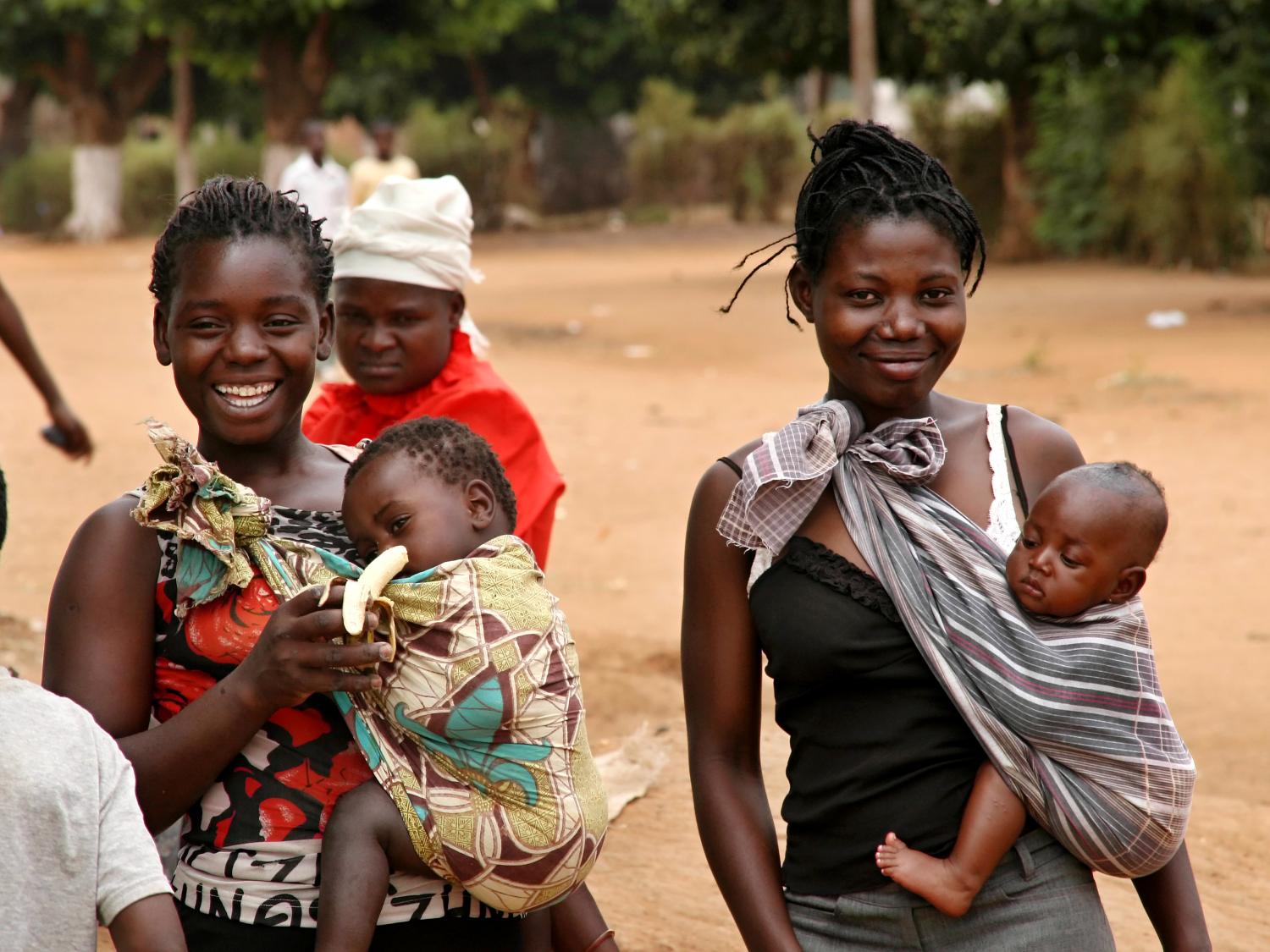
Mozambique: African Development Bank ups financial contribution for local content and job creation in Mozambique to $2.5 million
16 November, 2021The African Development Bank Group has approved a grant of $1.5 million to Mozambique to boost the development of local content. The grant is earmarked for Small and Medium-sized Enterprises ( SME) targeting local content and women-owned business in the natural resources sector of the nation.
The new approval brings the Bank’s total commitment to SME Development to $2.5 million, following an announcement of a previous financial package of $1 million in June 2021 to the Instituto para a Promoção das Pequenas e Médias Empresas (IPEME) under the Local Content Development Project for Youth-Led and Women in Business MSMEs (MOZYWEB). IPME is funded by the Youth Entrepreneurship and Innovation Multi-Donor Trust Fund (YEI MDTF).
The new financial contribution approval, from two Bank fund sources - the Affirmative Finance Action for Women in Africa (AFAWA), through the Women Entrepreneurs Finance Initiative(link is external) (WeFi), and Fund for African Private Sector Assistance (FAPA) - will provide technical and institutional assistance to Empresa Nacional de Hidrocarbonetos (ENH), 'Mozambique's national oil company under the LinKar Initiative.
This support follows the Board of Directors approval of a $400 million senior loan project in November 2019 to "Mozambique LNG Area 1." The loan agreement carried a recommendation to build capacity in developing local companies by specific technical assistance programs in order to create decent jobs in the country.
The LinKar Initiative will focus on upgrading the capacity of local SME suppliers of goods and services in a wide variety of sub-sectors, including catering, office supplies, training, facilities management, customs, recruitment, and logistics, with the aim of advancing the country's economy.
Estevao Pale, the ENH CEO, said: "The implementation of gas projects, foreseen in the next 12 to 24 months, of the Coral Floating LNG and Area 1 (by TOTAL), in the Rovuma Basin, as well as the construction of the Central Termica de Temane ( CTT) project, calls for an urgent materialization of LINKAR's four areas of action: capacity-building, funding, technical assistance and hiring of SMEs".The CTT project is projected to generate an average of 450MW of power and the production of 30.000 tons of LPG (domestic gas), in the Inhambane Basin.
“Both programmes (LinKar and MOZYWEB) will support more than 300 local companies by providing them with access to skills and certification, access to contracts and financing from local financial institutions. These SMEs will create decent jobs, especially for women and youth, and boost local content in the gas industry in Mozambique”, African Development Bank Country Director Cesar Augusto Mba Abogo, said, commending the Bank Group's support to Mozambique.
Commenting on the grant, Marieme Esther Dassanou, Coordinator of the Affirmative Finance Action for Women in Africa (AFAWA) initiative of the African Development Bank, said: "The economic empowerment of African women is a prerequisite for sustainable economic growth. Investing in women means investing in Africa's future. The Covid-19 Pandemic has erased many gains in the last decade for women entrepreneurs. AFAWA is excited to leverage the Women Entrepreneurs Finance Initiative ( WeFi) funds to support women-owned or led companies in Mozambique's oil and gas sector."
ENH- Empresa Nacional de Hidrocarbonetos, the government body responsible for exploring, producing, and commercializing hydrocarbons in Mozambique, is committed to leveraging Mozambique's gas resources to drive broader economic growth and create sustainable local jobs.
Contact:
Amba Mpoke-Bigg, Communication and External Relations Department, African Development Bank, email: a.mpoke-bigg@afdb.org(link sends e-mail) .